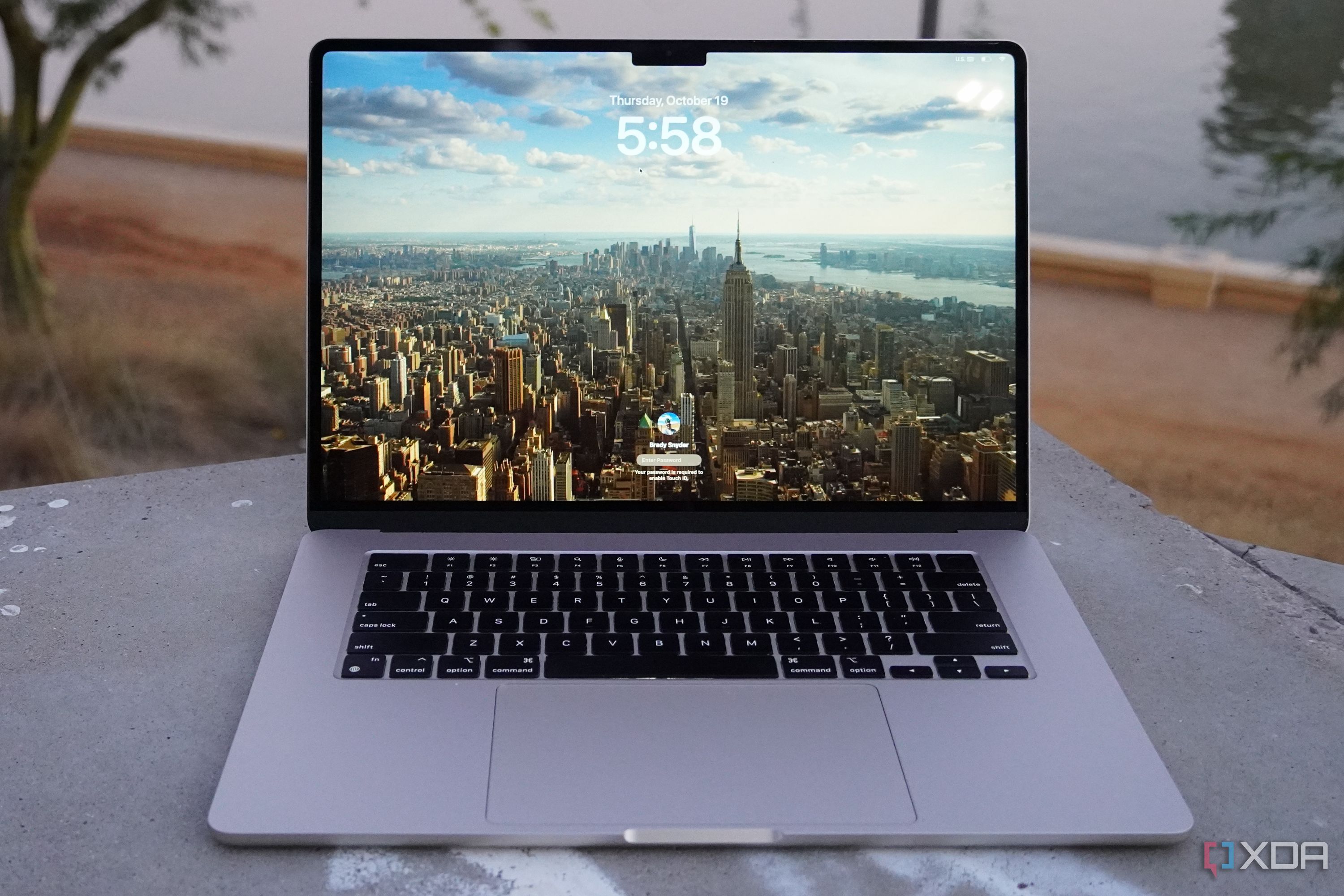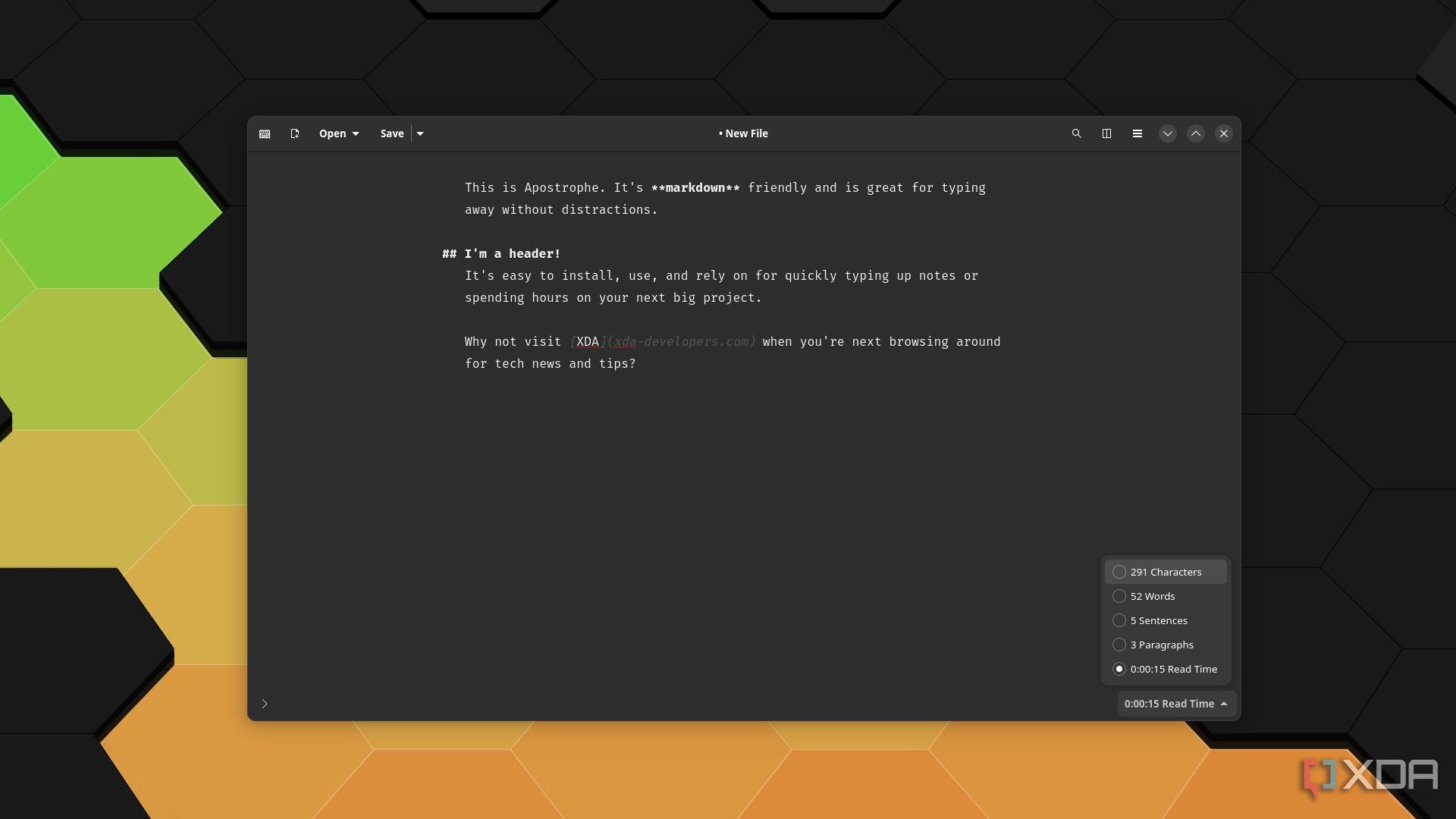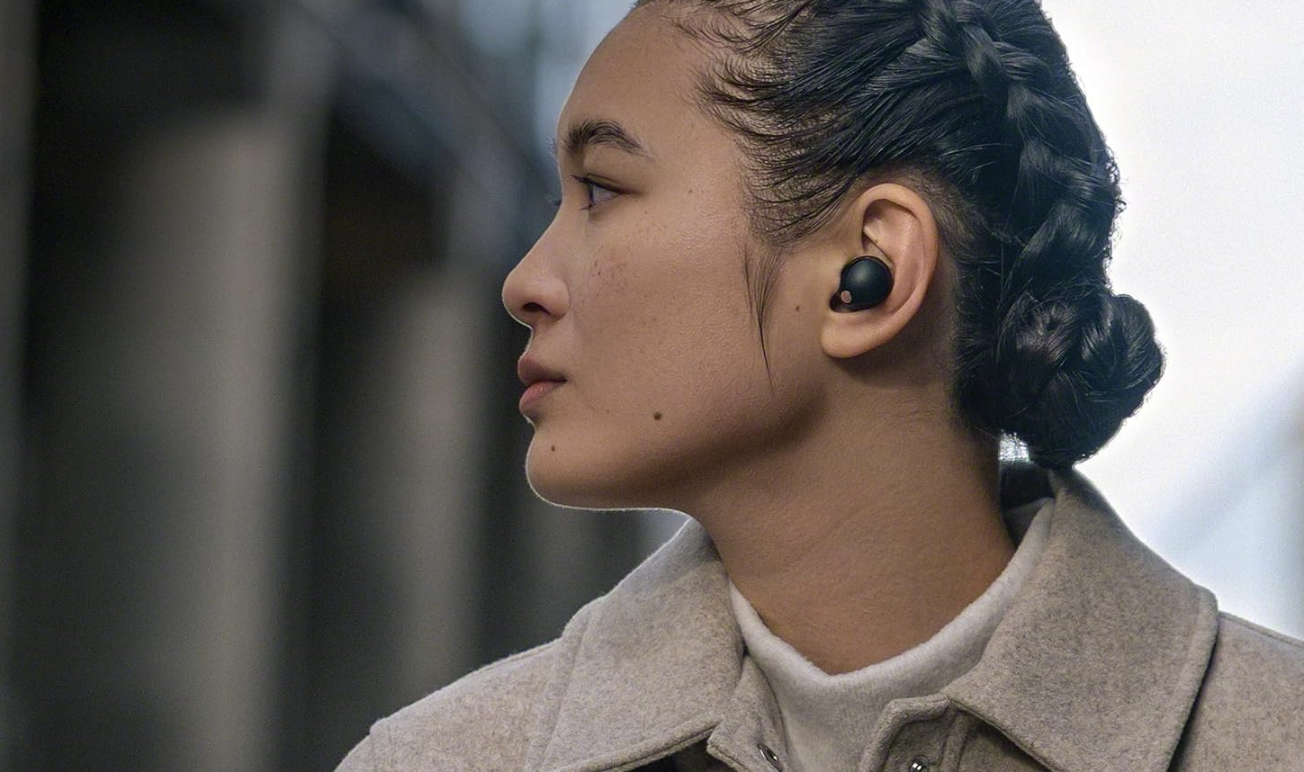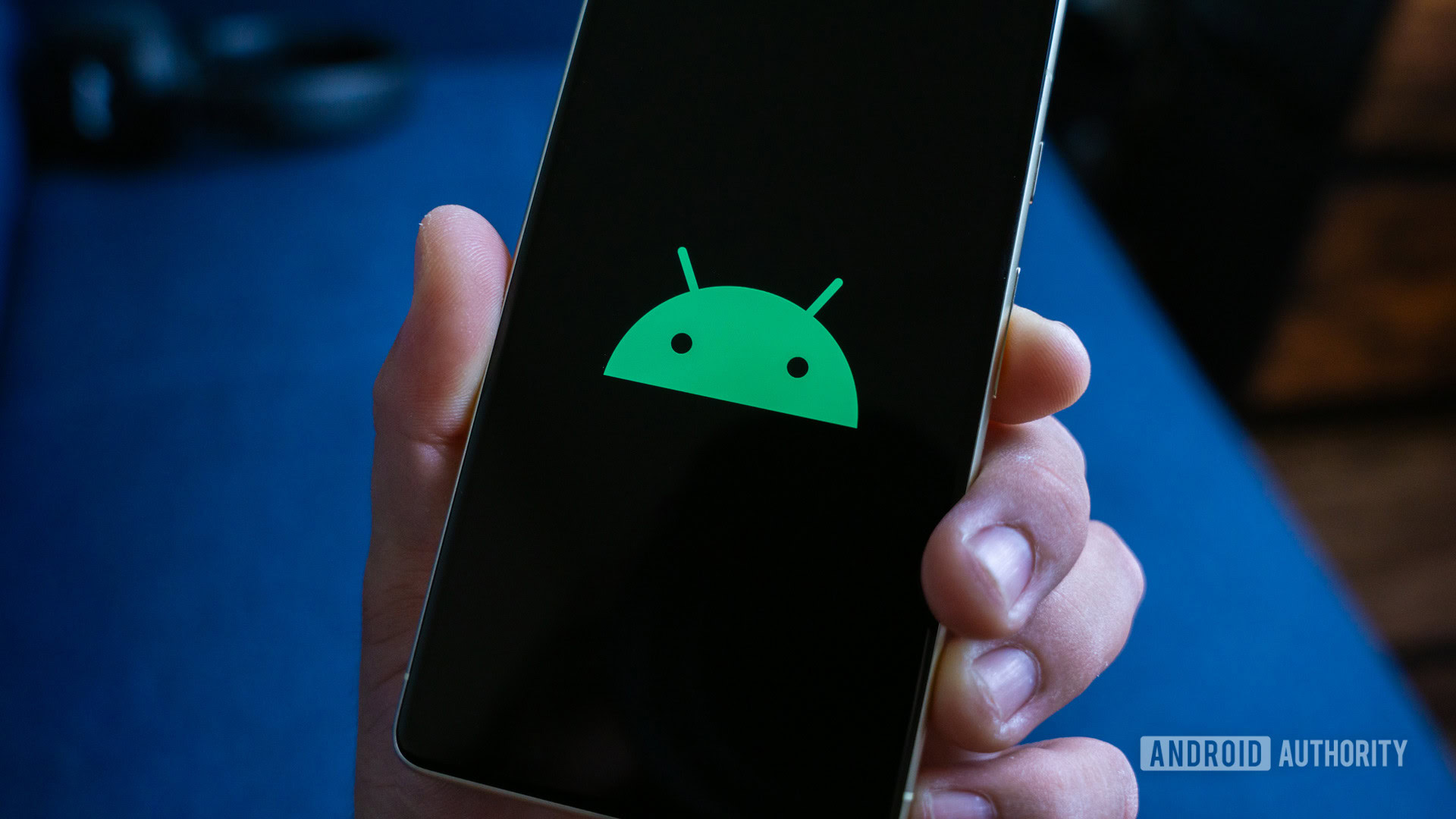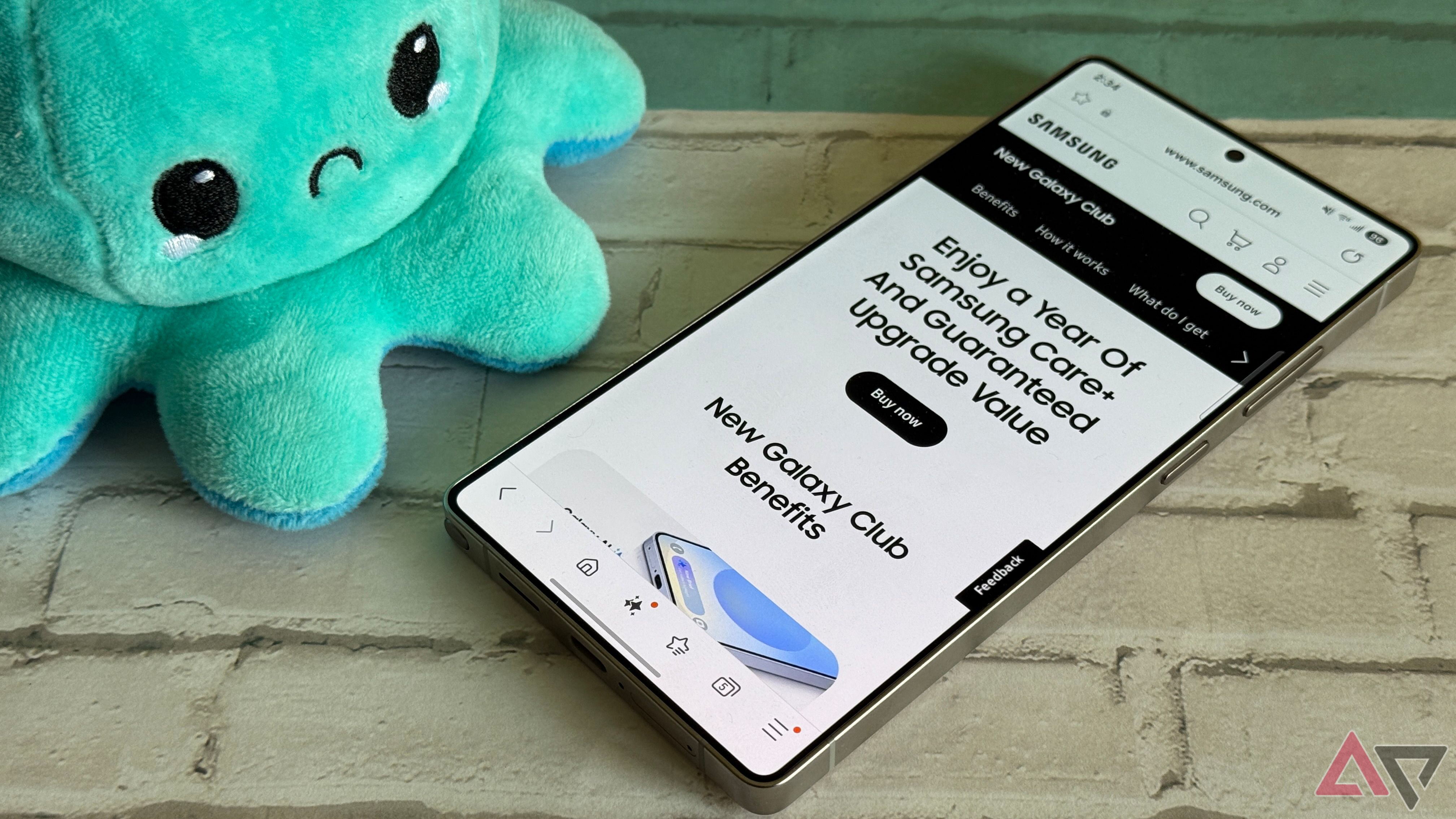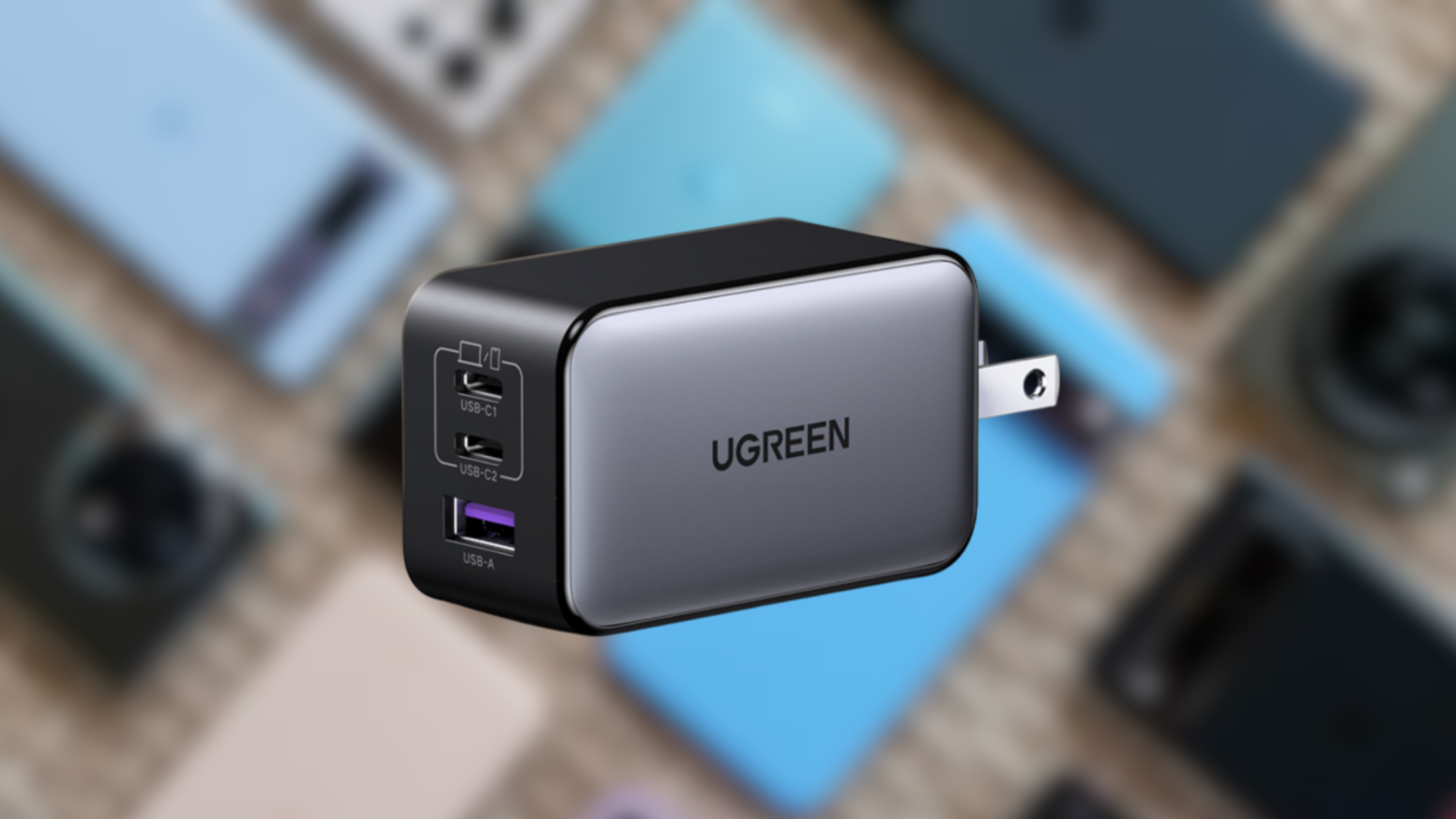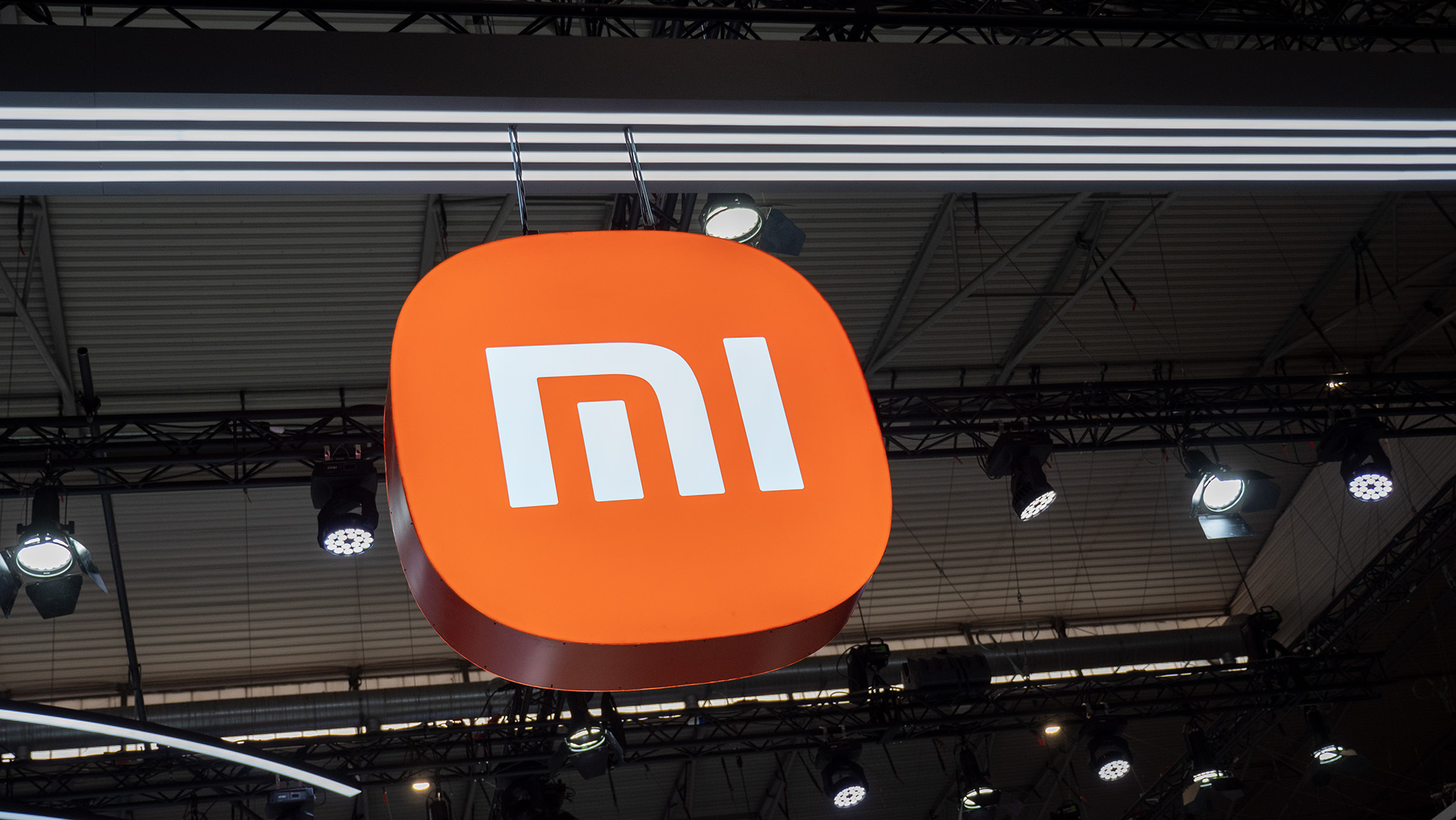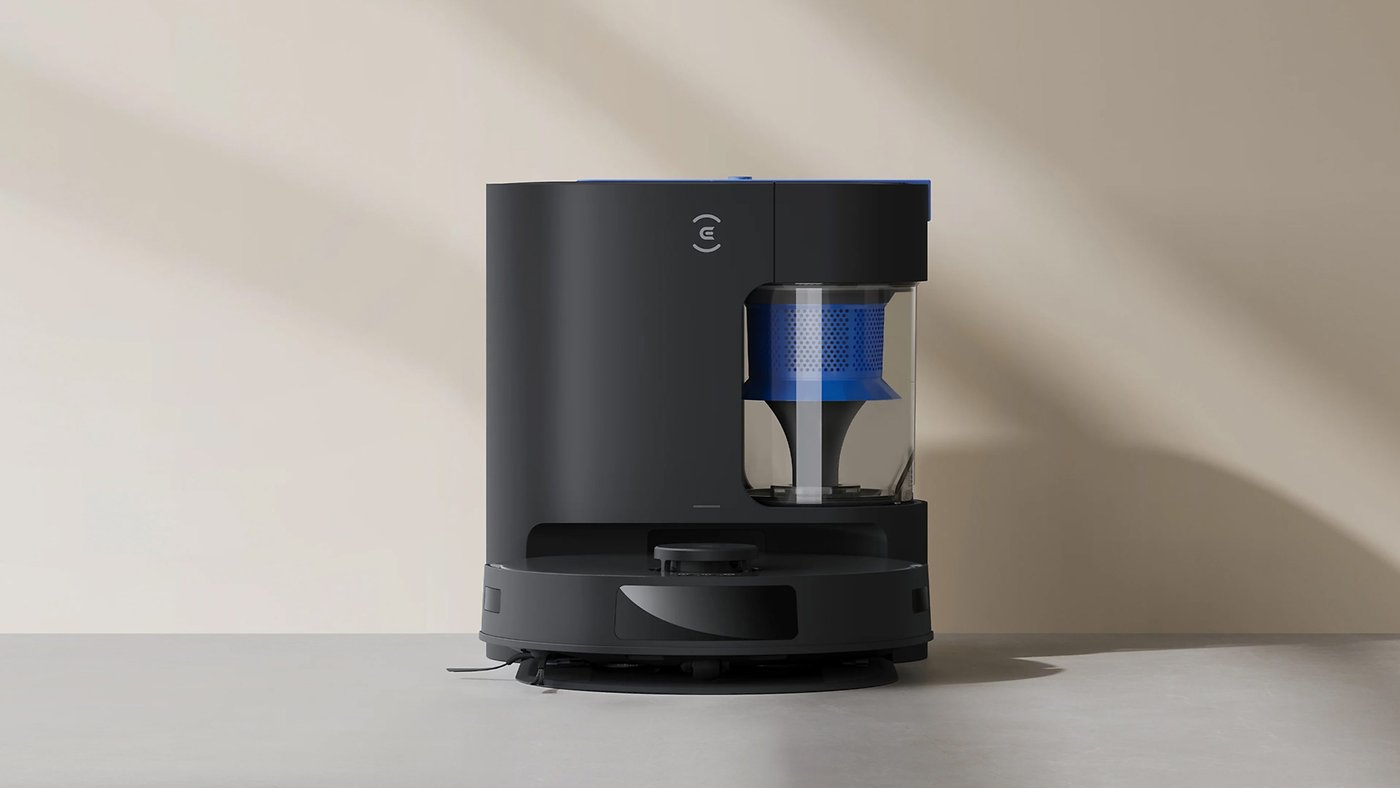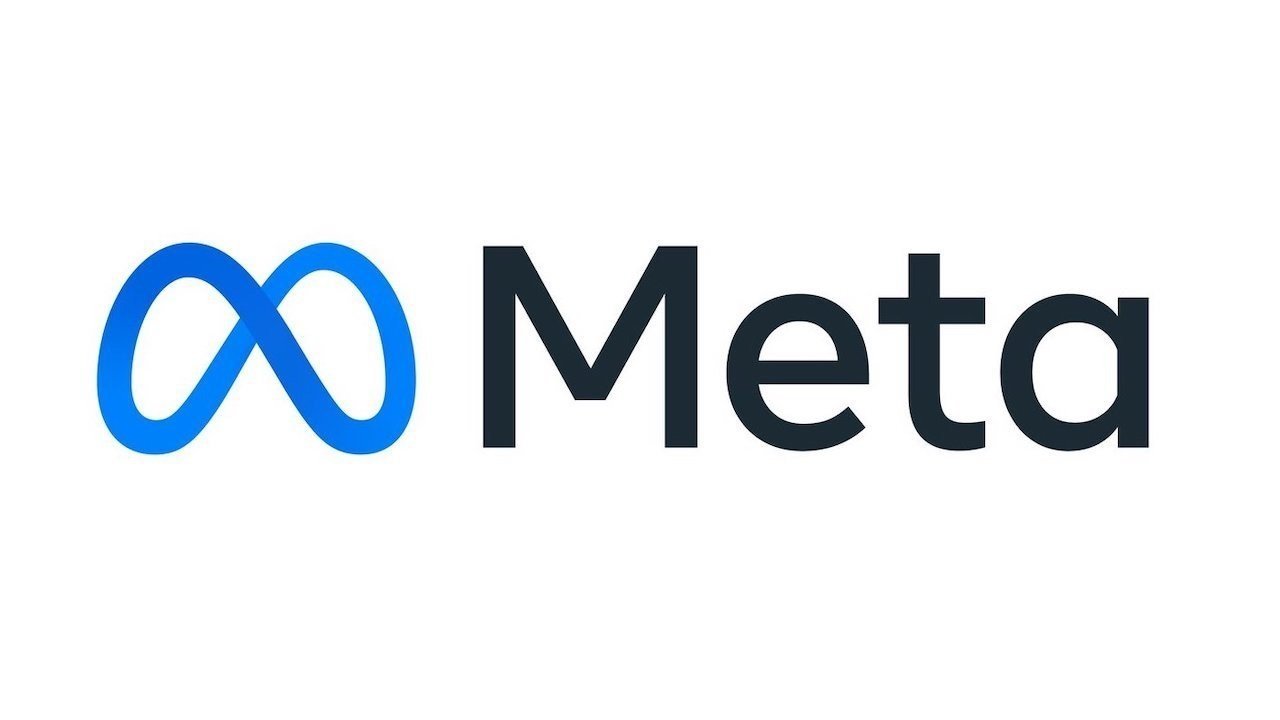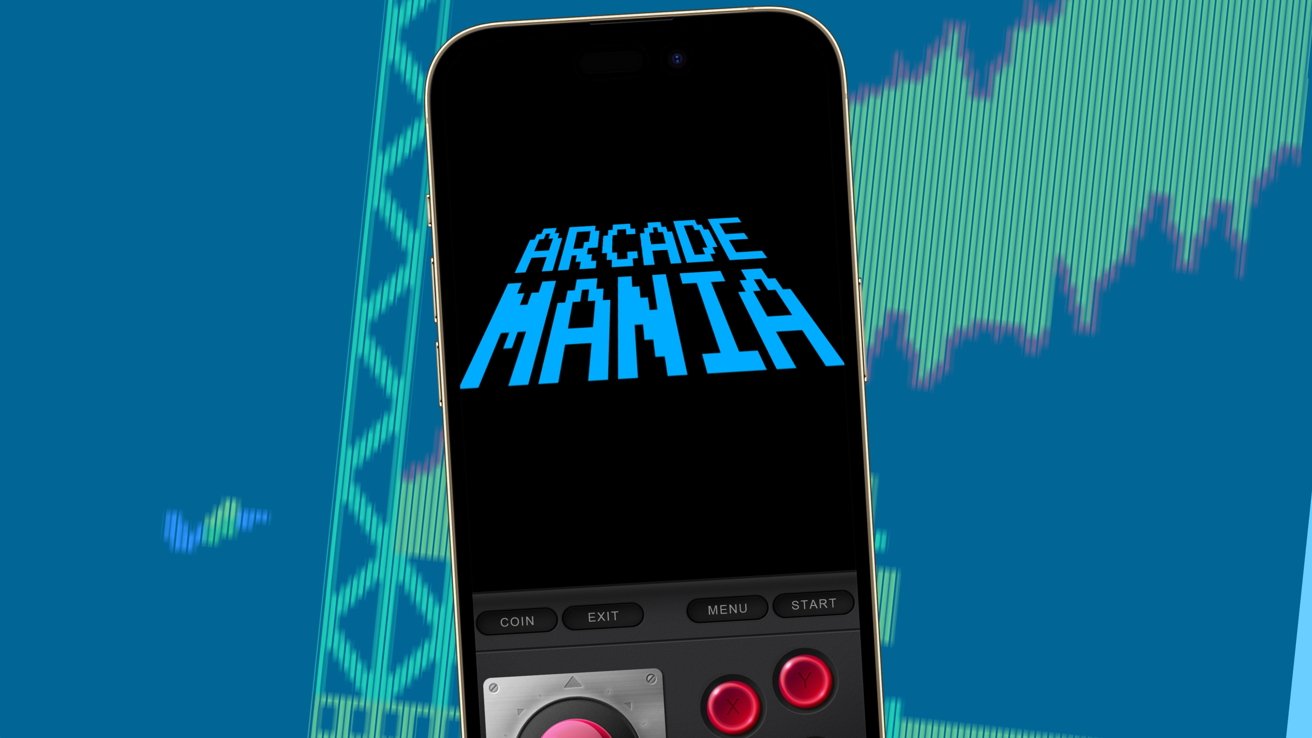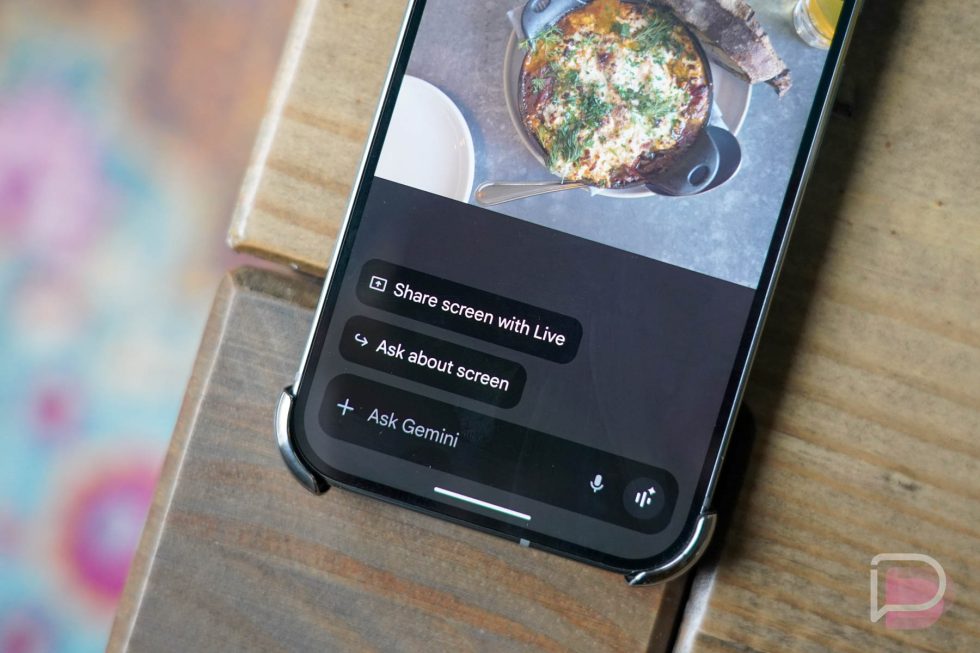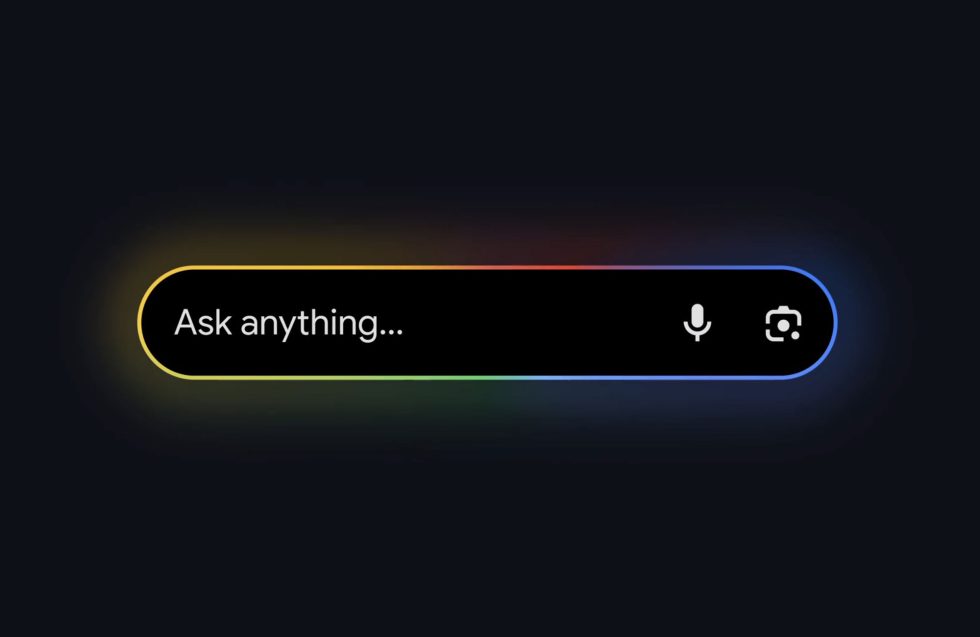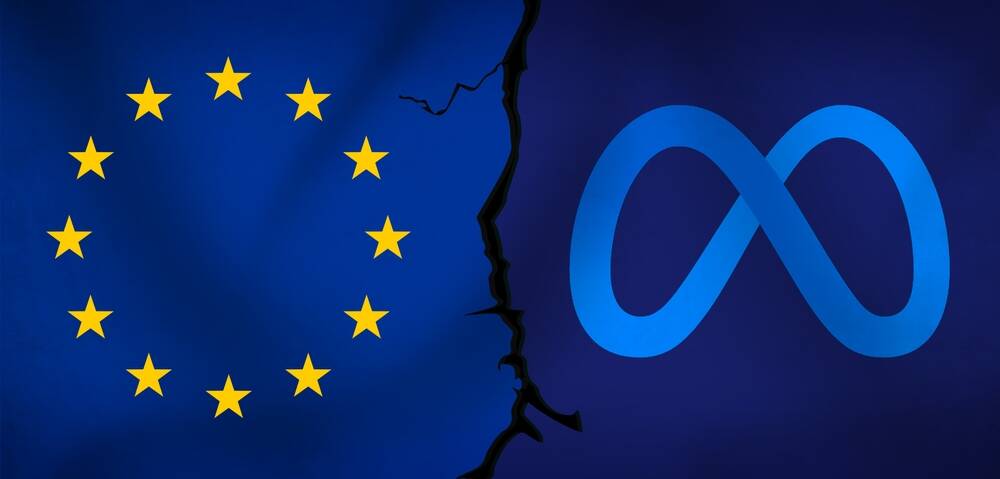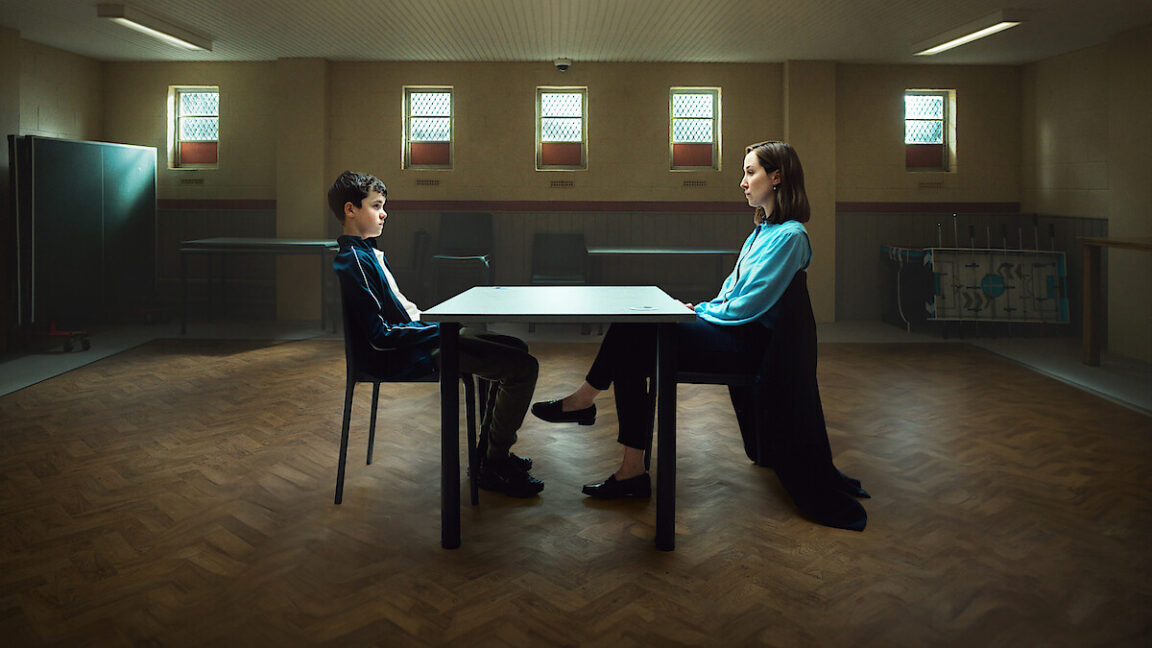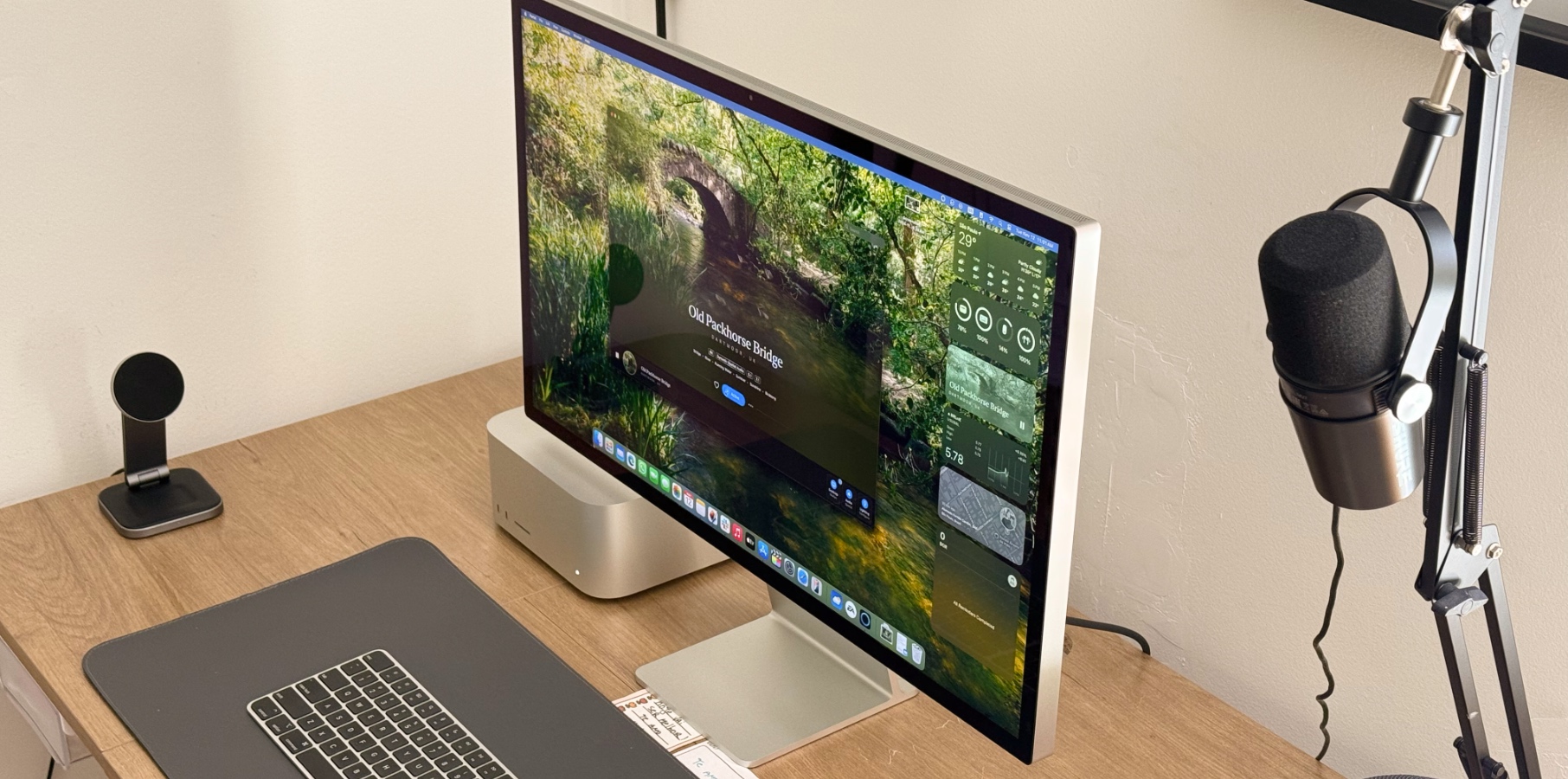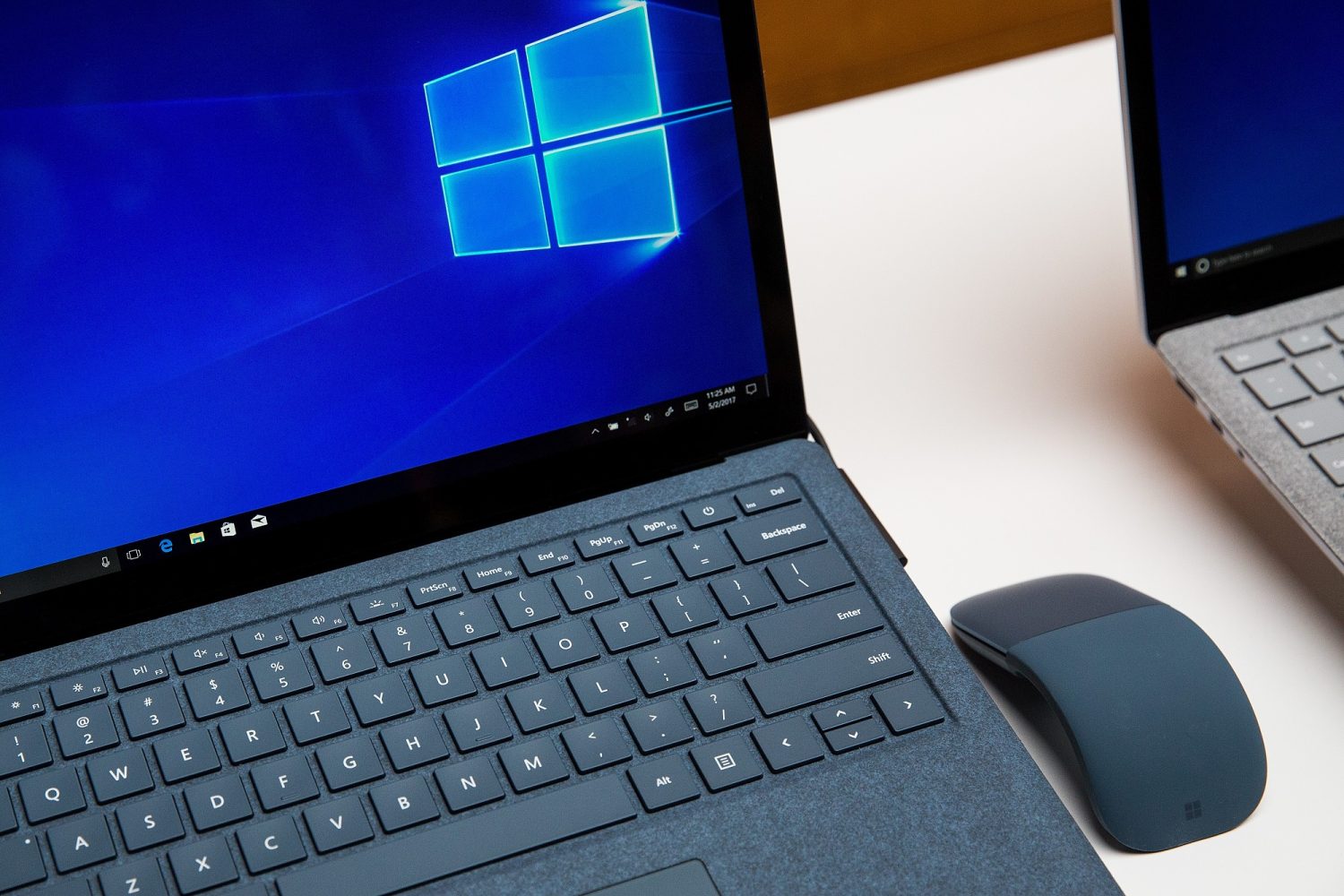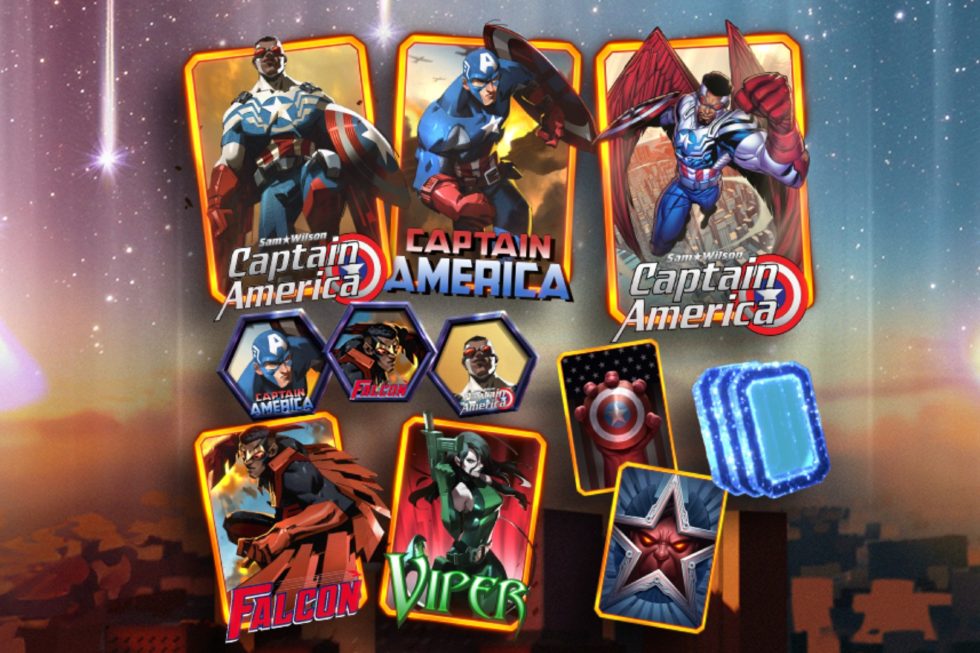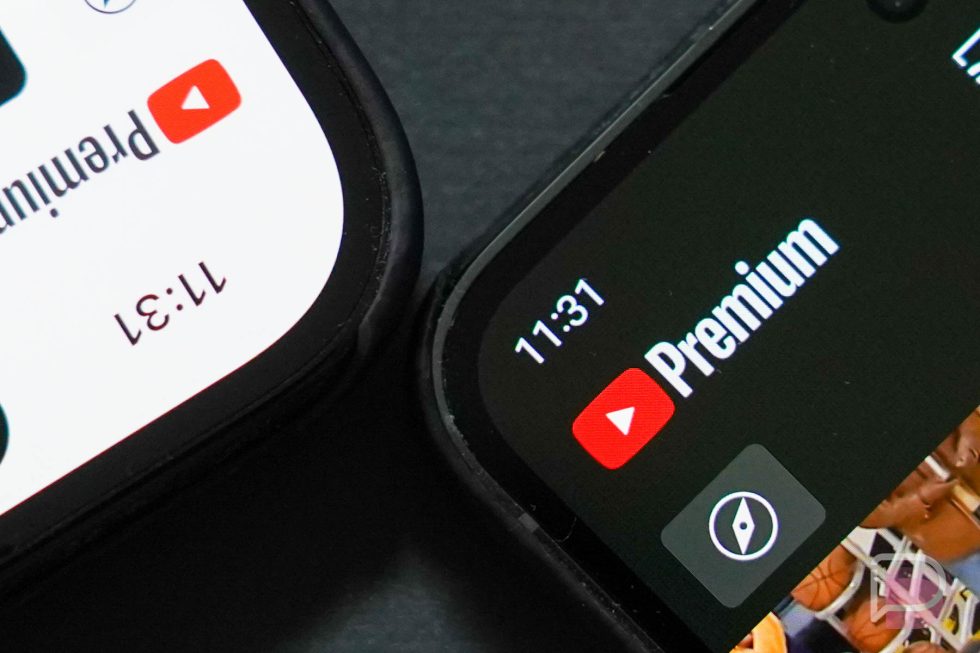From The Last of Us to The Studio, weekly drops are dominating TV. Should Netflix change?
If you read my post from over the weekend about Reelgood’s latest snapshot of the 10 biggest streaming TV shows of the moment, then you … The post From The Last of Us to The Studio, weekly drops are dominating TV. Should Netflix change? appeared first on BGR.


If you read my post from over the weekend about Reelgood’s latest snapshot of the 10 biggest streaming TV shows of the moment, then you already know that ranking includes some of the biggest series we're all obsessed with right now -- as well as a few newcomers that are cutting through the noise and grabbing mindshare. We're talking TV hits like The White Lotus, MobLand, Dying for Sex, The Pitt, Adolescence, and The Studio, among others.
One thing that's interesting about many of the shows on that list is the un-Netflix-like release cadence they share. Specifically, it feels like a growing number of the most important TV releases that we're all talking about are actually throwbacks to the appointment TV era -- releasing new episodes weekly, as opposed to binge-all-at-once drops.
Apple TV+’s Severance, for example, has driven tons of online conversation and buzz for most of the year so far. Same with The Pitt and The White Lotus, and also for Paramount+’s record-setting gangster drama MobLand (check out my interview with the cast here). Netflix, meanwhile, remains the odd one out here, steadfastly clinging (for the most part) to its well-established binge release model — and, depending on where you live and who you’re connected to online, people may or may not still be talking about many of its biggest recent releases, like Adolescence.

Because Netflix continues to drop most new releases all at once, which by definition means that we're not all watching at the same time or caught up with each other, it feels like what's often the case is that some of Netflix's biggest recent releases like Squid Game Season 2 and American Primeval are essentially here today and gone tomorrow, in terms of large-scale awareness. At the same time, the steady drip of new show episodes from rival streamers continues to drive group chats, TikTok memes, thinkpieces, and the like. Sort of like … TV used to do, back in the day.
"Adolescence was a masterpiece and the perfect example of why the binge model is the worst thing for our industry," actor, writer, producer Luke Barnett wrote on X. "It was the talk of the town for ONE WEEK. The Pitt, White Lotus, The Studio, etc? Still being talked about every single day." I don't know if he's being facetious about "one week," because Adolescence was certainly a big deal online for longer than that, but I take his larger point.
Moreover, I don’t think anyone would dispute the fact that the weekly release model has proven time and again to be an excellent strategy for building buzz, driving word-of-mouth, and keeping viewers engaged. HBO perfected it. Apple TV+ is thriving with it. Even Disney+ drops episodes weekly and has turned shows like The Mandalorian and Loki into sustained cultural moments. And yet, Netflix — the streaming giant that gave us autoplay and the “Are you still watching?” nudge — is still sprinting in the opposite direction.
To be fair, there are reasons Netflix clings to this model. For one thing, it’s their signature move — the binge drop is part of the Netflix brand. It made them a streaming pioneer, and some viewers still see it as a kind of luxury: Full control, no waiting, and the ability to watch a whole season over a weekend. I suppose, from a business standpoint, concentrating all the marketing and viewership into a short window can also make quarterly numbers look great.
A massive drop, a big viewership spike, and a quick PR victory.
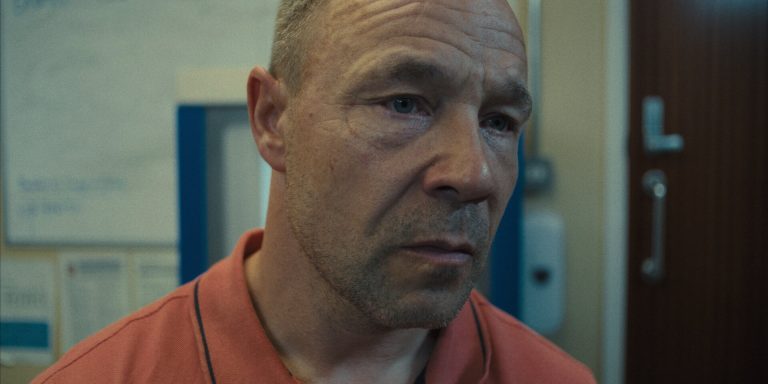
But here’s the problem: it’s all fleeting. A weekend binge doesn’t build legacy. It builds burnout. And it makes even the best shows disappear from the conversation almost immediately — sacrificed to the content churn.
Here’s a theory for you: Netflix is still obsessed with binge releases not because it's what audiences want — but because the alternative might expose just how forgettable many of its shows actually are.
I can’t help but wonder that if most Netflix shows came out weekly, the truth might be hard to ignore: Audiences would just stop watching. No “next episode” button, no background noise binge, no momentum. Just dead air. That’s the dark magic of the binge — it masks a lack of staying power. A weak pilot? Doesn’t matter, episode two auto-queues. Boring middle episodes? You’re too lazy to turn it off. But take away the binge crutch and suddenly, a mid-tier Netflix thriller isn’t must-see TV — it’s just a content dump you don’t feel bad skipping.
This isn’t about making every show Succession. It’s about treating stories like they’re worth savoring. Weekly drops build anticipation. They allow for conversation, theorizing, memes, and slow-burn fanbases. And most importantly, they tell you whether a show is actually good, not just good at tricking the algorithm.
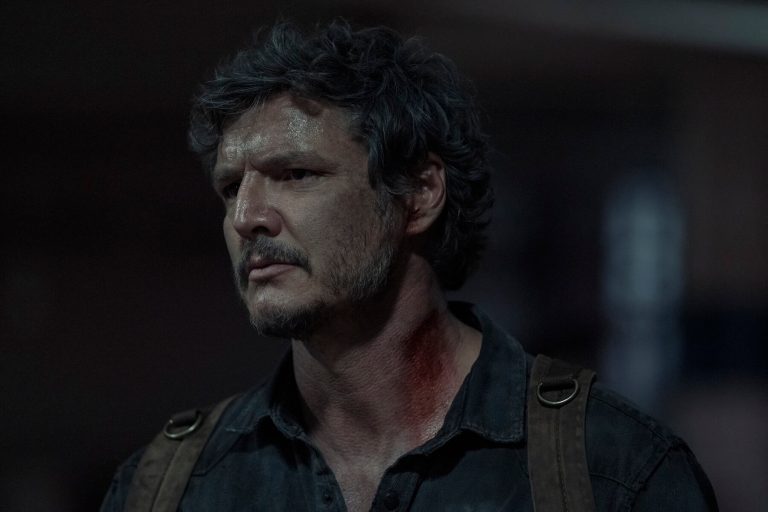
The irony? Netflix already knows this. That’s why their reality shows — like Love Is Blind and The Circle — release weekly, or in staggered batches. No one wants the finale spoiled on Reddit two hours after it drops. The weekly model protects the suspense. It’s logistical — and, again, it works. The buzz stretches for weeks, not hours.
Netflix isn’t entirely allergic to change. It continues to experiment with split-season releases, but even that feels like a half measure. The streaming landscape has matured. Viewers aren’t just looking for convenience; they want connection. Appointment TV isn’t dead. It just moved to streaming platforms that know how to pace themselves.
So here’s my thesis: Netflix sticks with binge releases because it’s afraid that without the instant gratification trap, many of its shows would be exposed for what they really are — content filler, not cultural conversation.
The post From The Last of Us to The Studio, weekly drops are dominating TV. Should Netflix change? appeared first on BGR.
Today's Top Deals
- Best Echo Dot deals for April 2025
- T-Mobile launched an unreal deal on the new Google Pixel 9a
- Today’s deals: $399 Apple iPad mini, $12 LifeStraw, $630 Google Pixel 9, $270 Vitamix blender, more
- Today’s deals: $193 Apple Watch Series 8, Bosch ICON wiper blades, $399 Weber Spirit grill, more
From The Last of Us to The Studio, weekly drops are dominating TV. Should Netflix change? originally appeared on BGR.com on Tue, 15 Apr 2025 at 13:54:00 EDT. Please see our terms for use of feeds.










